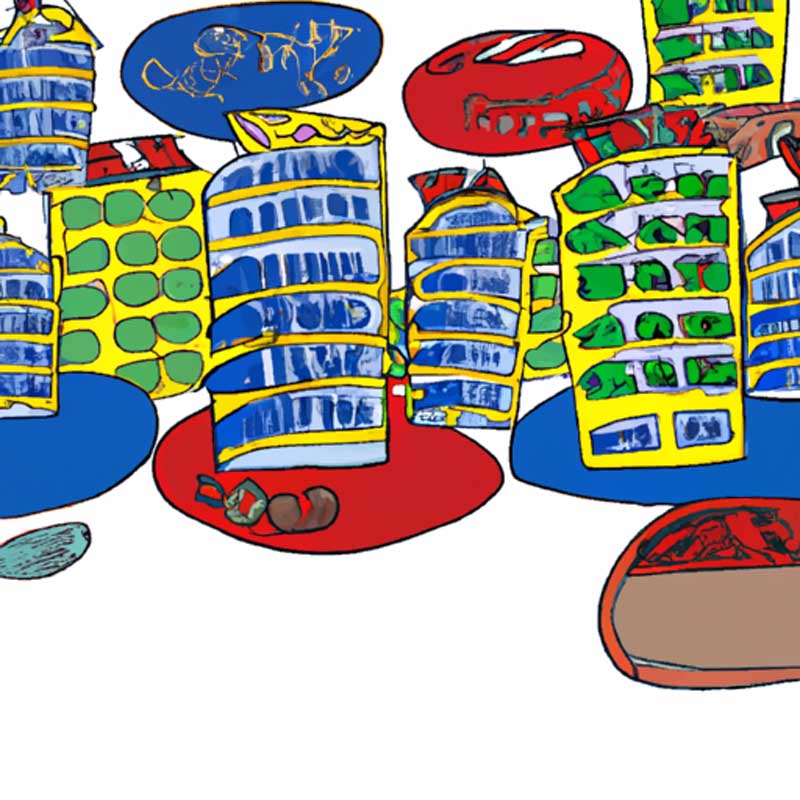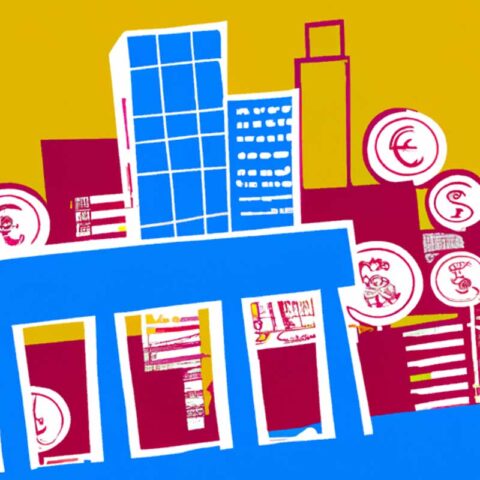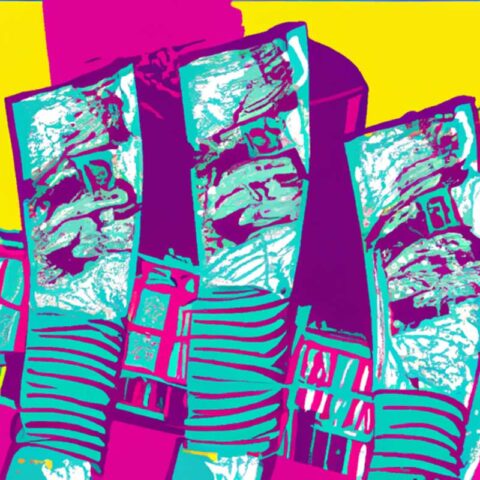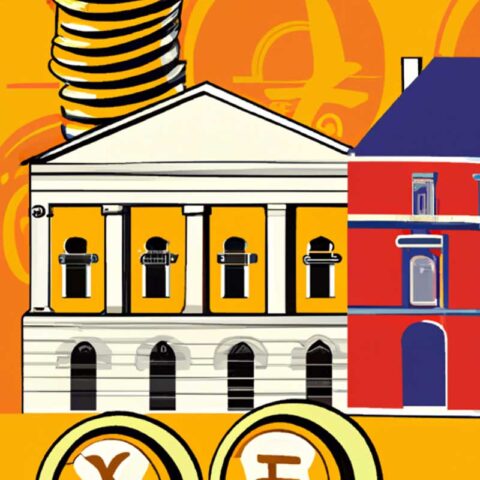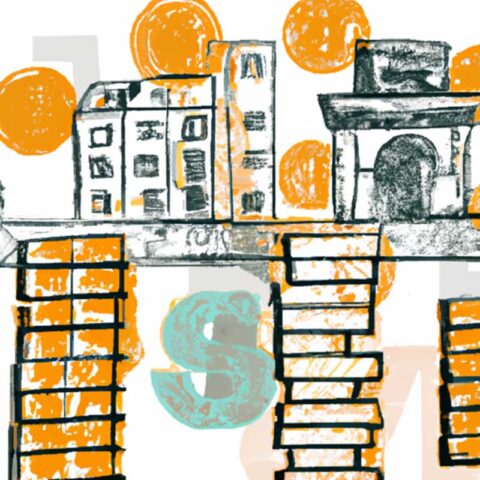TLDR:
A recent podcast interview with entrepreneur and Stripe advisor Patrick McKenzie provided insights into the hidden dynamics of banking and payments. Key takeaways from the interview include:
- Banks prioritize opening new accounts and overprovision parking to ensure minimal customer wait times.
- Cryptocurrency has not significantly impacted transaction fees, as the regulatory infrastructure still applies to crypto payments.
- Historical practices in banking, such as signing credit cards and printing account numbers on checks, are largely unnecessary and outdated.
- The complexity of payment systems and lack of communication between systems contribute to frequent credit card declines.
- Despite the prevalence of bank robberies in media, such incidents are not a significant financial risk to banks.
- Big decisions in the finance industry are often made with limited data, challenging assumptions that companies have access to extensive information.
- The debt collection industry serves a necessary function by reducing credit losses and driving economic growth, despite its negative reputation.
Overall, the interview shed light on various aspects of the banking and payments industry, offering a behind-the-scenes look at its inner workings and providing valuable insights for money and rewards enthusiasts.
Article:
Regular readers know that in addition to my travel hat, I have a full-time job with a boss. He has a podcast where he recently interviewed Patrick McKenzie, entrepreneur and Stripe advisor, about the nuts, bolts, and plumbing of the finance system – how banks and payments work. Money and rewards nerds will want to listen (or read the transcript).
Some of my takeaways:
- The most important thing to a bank branch is opening new accounts. On average, it might open 1-2 a day. They don’t want to lose out on even a single account. And that’s why they overprovision parking. You don’t have to wait to park to deposit a check because most bank branches ensure no one has to wait to open a new account.
- Crypto hasn’t competed down transaction fees because much of the cost of payments comes from regulatory infrastructure – anti-money laundering, know your customer – and crypto is discovering that those rules apply to them, too.
- Most of why you are asked to sign the back of your credit card is antiquated. We hang on to historical dogma, like printing account and routing numbers on the front of a check. That’s bad for fraud, but made sense for process reasons decades ago. There’s also no real reason you need to sign on a point of sale system. We know without the signature that we’re obligated for card payments. But these rituals persist.
- Persistent dysfunction is also a reason why erroneous credit card declines happen. Numerous systems have to talk to each other, large volumes of transactions occur, and there’s an error rate, but also, there’s little incentive for any one actor to compress that error rate.
- Banks don’t lose very much to robbery. Since they aren’t at material risk of losing cash – on average $8,000 per robbery, and robbers are usually caught – they don’t optimize against it.
- One takeaway McKenzie has from his years in payments is that big decisions are often made with much less data than you’d expect. This is important to remember because we often have a bias that says something like ‘that’s a surprising decision, but company X must have a lot of good data to support it, so they’re probably right, and I’m wrong.’ One example of where this played out recently is Delta making huge changes to its elite qualification program and lounge access rules, to the point where it seemed obvious it would cost the airline more in co-brand card charges than it could possibly generate, but most people said ‘Delta must be right, they have information we don’t.’ Thus far, they have only pulled back on the decision after customer backlash for a year. We’ll see what happens.
- Meanwhile, I have a much higher opinion of the debt collection industry than McKenzie, though of course, there are bad actors. Maybe it’s because as a kid, I went collecting late car payments (and repossessing cars) with my dad. But I think it’s because: debt collection reduces credit losses when lenders lose less, they don’t need to charge as much (competition competes lending rates down more) that makes things more affordable, which matters most for the least well-off, and drives sales and economic growth in the broader economy So even if debt collection is distasteful, surprisingly low paying (like working at McDonald’s) and with high turnover rates (higher than fast food), it serves a necessary and even beneficial function.
The interview provides a glimpse into the inner workings of the banking and payments industry, highlighting key aspects that shape the financial system. It challenges conventional assumptions and offers a deeper understanding of the dynamics at play.


